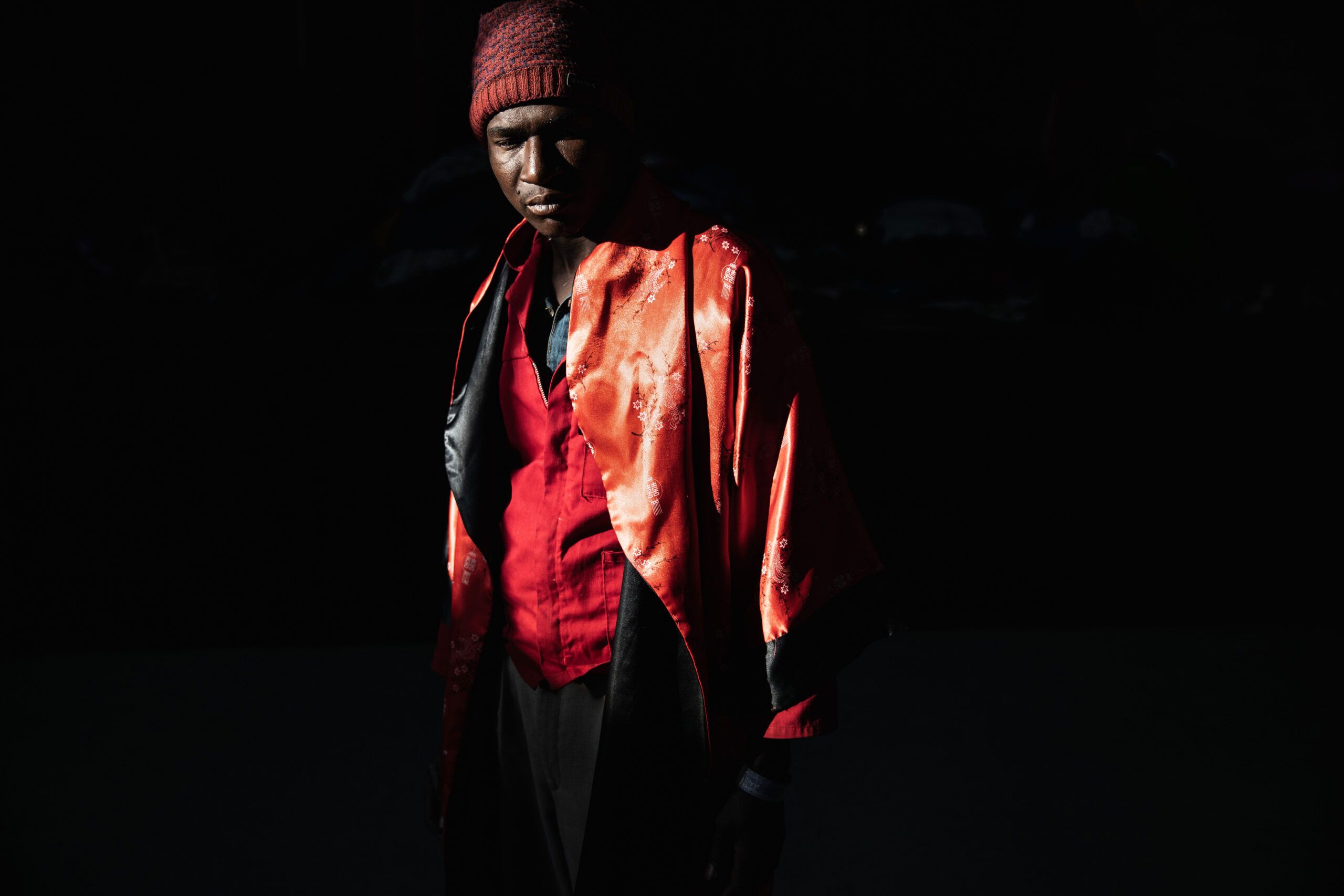JAMES OATWAY & ALON SKUY
[BR]OTHER
No African is a foreigner in Africa!
Professor Achille Mbembe, Philosopher, political theorist and public intellectual
No African is a migrant in Africa!
Africa is where we all belong!’
Over a decade has passed since deadly xenophobic attacks first swept unexpectedly through South Africa’s townships and informal settlements. The wave of violence began on May 11 2008; by early June, more than 60 people had been killed – a third of them South African nationals – hundreds had been injured and tens of thousands had been displaced from their homes, finding refuge in makeshift refugee camps, community halls and police stations.
The violence of 2008 was not isolated; xenophobic attacks have taken place sporadically throughout the past decade, claiming lives and livelihoods, and producing displacement and dispossession. Xenophobia is a controversial and emotive issue. The South African government, for example, has insisted that it is criminality that lies beneath the attacks, not discrimination as such. Others turn the blame on government, claiming it is a lack of basic service delivery that has led marginalized communities to turn on each other. Either way, the violence continues to this day.
[BR]OTHER is a visual record of this violence over the past decade. In documenting these events, the book aims to raise awareness of the dangers that lie in discrimination and indifference. As Justice Edwin Cameron writes in his foreword, we are directed to view just whose stories are told – and whose are obscured; who is allowed to be visible – and who is erased? Photography entails more than record-keeping. It engages processes of world-making that organise how we understand our worlds, and ourselves, and how we engage with our communities. By engaging our attention on certain sites and away from others it frames what and who are worth seeing. In this way, the photographer helps produce a public knowledge about who should be made visible.

On 18 April 2015, Emmanuel Sithole was selling goods at a small table in Alexandra in Johannesburg, when three men and a minor approached his stand. At least two of them were fresh from a night of drinking and looting. They stole a packet of cigarettes and Sithole called after them, demanding payment. Minutes later, he lay bleeding on the pavement. Photographer James Oatway and reporter Beauregard Tromp rushed Sithole to hospital, but it was too late. He died from a stab wound to the heart. The following year, Mthinta Bhengu and Sifundo Mzimela were sentenced to 17 and 10 years respectively for the murder; Sizwe Mngomezulu was released on set conditions; and a minor, who could not be named, was given a suspended sentence. Meanwhile, Sunday Times readers and members of the public donated over R100 000 to a fund for Sithole’s mother, two wives and three young children. It was used to build them a brick home in their village of Nhachunga in Mozambique, and to buy a water tank, a water purifier, a solar panel, four goats and a bicycle. (JO)










[BR]OTHER (ISBN978-1-4314-2978-3) by James Oatway and Alon Skuy, which is published by Jacana Media, was made possible with the support of the Rosa Luxemburg Stiftung and the Johannesburg Holocaust & Genocide Centre